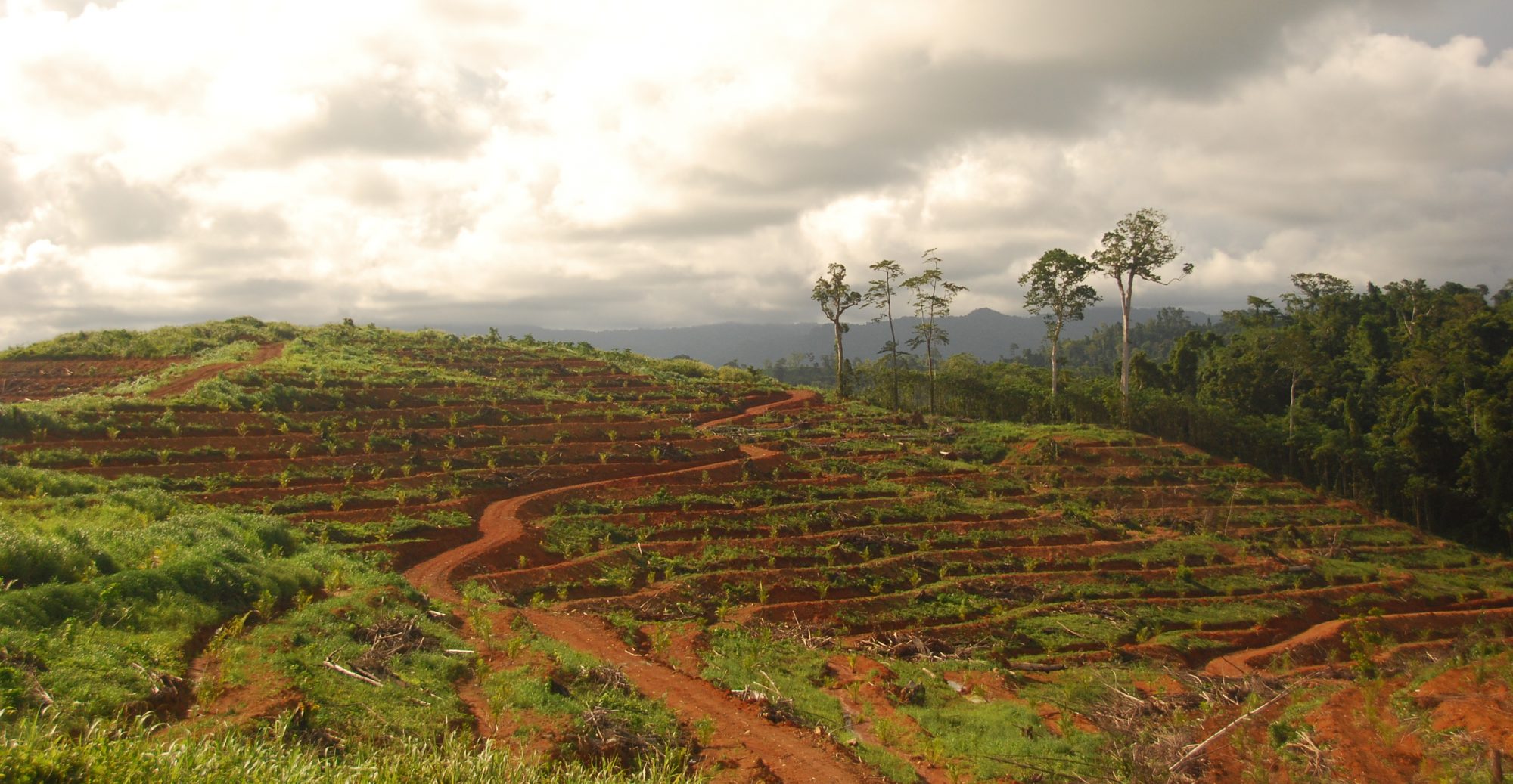Nature, state, frontier
This research programme by Anu Lounela , Tuomas Tammisto and Heikki Wilenius examines the interplay between the commodification of nature, value production, and state formation in Kalimantan, Indonesia and Papua New Guinea (PNG). The project is funded by the Kone Foundation.
The economic histories of these countries have been shaped by the spread of plantations, the spice trade, mining, and cheap labor, among other elements. PNG, a Melanesian country, is examined in this project in relation to Southeast Asia, because of its shared border with Indonesia and because Malaysian logging and plantation companies operate in PNG employing labour from Indonesia and other Southeast Asian countries.
Currently, Southeast Asian countries are experiencing rapid transformations shaped by new dynamics involving investors from China and from the wealthiest ASEAN countries. The pace of change is fast, with high-tech special economic zones, extractive mining and hydropower enclaves, and large-scale agro-industrial land concessions emerging alongside smallholders or forest-dependent communities whose populations in Southeast Asia still number in tens of millions. New boom and bust cycles of industrial crops such as rubber and oil palm are constantly re-shaping the rural landscapes.
Recently, a number of scholars have emphasized that the production of natural resources is closely linked to local state formation processes and the socionatural ordering and that the forms of resource control and property arrangements are constitutive of state authority. The research examines the states of these countries not as uniform entities but, rather, as fragmented, fluid, and always in the making through top-down as well as bottom-up local practices. Through bottom-up, or proactive, practices of state formation, people in frontier areas fill the void left by absent state institutions and actors by setting up state-like forms and practices, such as elections or courts. While important, these processes remain relatively understudied. This research project aims to bridge this gap by looking comparatively at various local forms of state making in Papua New Guinea and Kalimantan in Indonesia.
The research project hopes to enable new kinds of analysis on the similarities and differences of Southeast Asian resource frontier dynamics that would bring to the fore changing patterns in commodification and state formation processes. In doing so, it will highlight the significance of contingent and context-specific elements that shape how nature is transformed into resources, and how the state and resource-making processes interrelate with each other.
